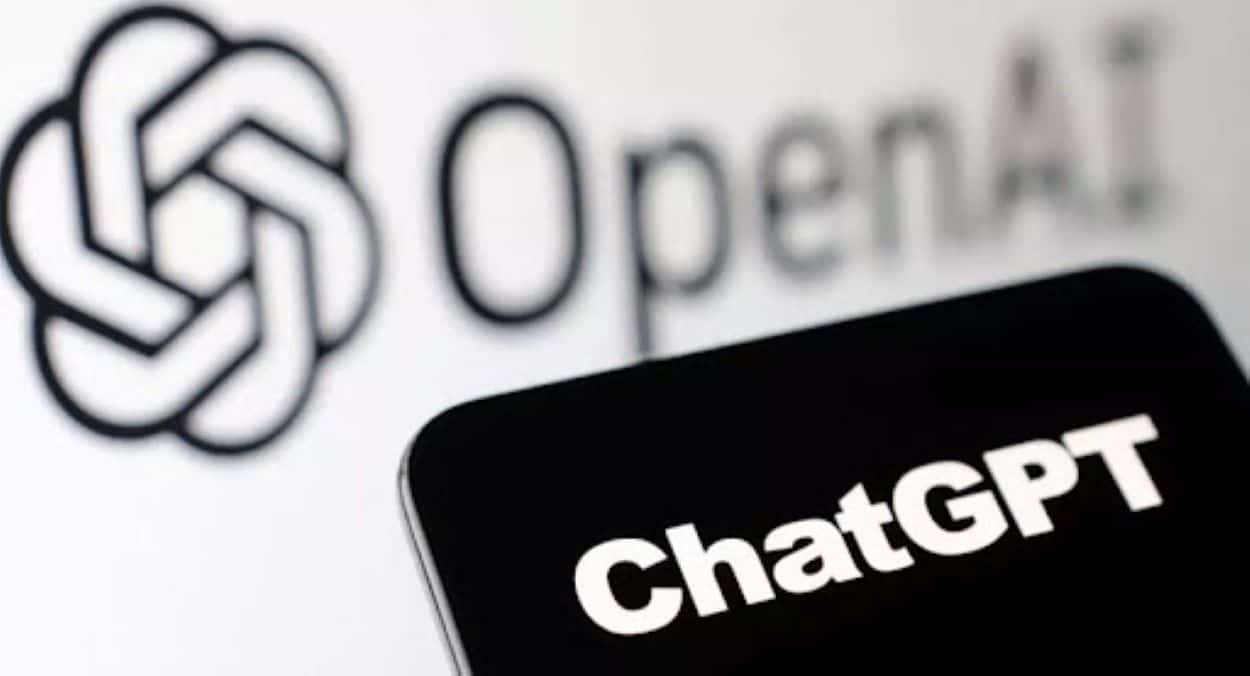On August 16, 2025, OpenAI’s GPT-5 launched to a tumultuous reception. While the launch aimed to reinforce the company’s leadership in AI, it instead sparked user frustration, as reported by WSJ.
Social media was flooded with complaints about the model’s mistakes in basic arithmetic and incorrect maps. Users also criticised its colder tone and the imposition of a limit of 200 questions per week. In response to the backlash, CEO Sam Altman addressed the concerns raised by users.
Users on X shared examples of GPT-5’s shortcomings, with @TechBit commenting, “GPT-5 can’t even draw North America correctly.” Others expressed disappointment over the lack of warmth in the new model compared to older versions. The imposed question limit led to further criticism, as users felt constrained compared to previous models. Altman acknowledged these concerns and promised improvements, although the specifics of those improvements remain unclear.
OpenAI’s GPT-5 has had a tumultuous public launch, frustrating users and prompting Chief Executive Officer Sam Altman to respond https://t.co/ZUVbBtxr9v
— The Wall Street Journal (@WSJ) August 16, 2025The launch comes after OpenAI’s $6.6 billion funding round, which valued the company at $157 billion. This has increased expectations for GPT-5 to surpass competitors such as Anthropic’s Claude and Google’s Gemini. However, some have expressed concerns about OpenAI’s competitive position in the AI race due to the model’s disappointing performance, as well as recent staff departures and restructuring efforts at Meta.
Read: Perplexity AI Offers $34.5B for Google Chrome Amid Antitrust Talks
The backlash may prompt OpenAI to quickly refine GPT-5 in response to user feedback, aiming to restore confidence. This incident highlights the difficulties of scaling AI models while under intense scrutiny, with the potential to reshape OpenAI’s future plans and user trust. Additionally, it underscores the competitive pressure in the AI industry, as rivals continue to gain ground.
GPT-5’s troubled launch tests OpenAI’s dominance, impacting user trust and the AI industry’s trajectory. Swift fixes could redefine its market position.






